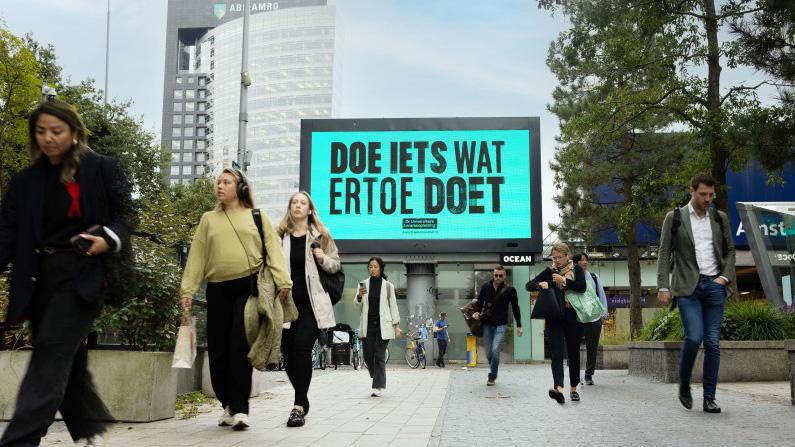Education Director for Teacher Training Programmes in the Humanities:
‘Abolishing language courses risks even fewer teachers in the classroom’

According to De Graaff, the faculty's decision may have major negative consequences for UU's teacher training programmes in French, German and Religion & Philosophy. "A teaching path will become even less recognisable and obvious."
Dutch schools have suffered from a considerable shortage of French and German teachers. According to VO-Raad, the association of secondary schools, the shortage of French teachers will increase to 15 percent over the next few years. A shortage of 10 percent is expected for German. UU's teacher training programmes for French and German attract fewer than ten students yearly. De Graaff acknowledges there are too few applicants. "It's not like we would not have any worries without the cutbacks."
However, the professor of Foreign Language Didactics states that the faculty's plans are at odds with the aim of increasing the number of French and German teachers, something universities stated in the national sector plan. "It is unclear to me how the faculty board intends to fulfil the agreement to strengthen programmes quantitatively and qualitatively. On the contrary."
No good reasons
In a meeting with faculty staff on Tuesday, the faculty board emphasised that it stands firmly behind the agreement made in the sector plan. The board says it wants to stimulate interest in the two languages by introducing students from broader programmes to teaching training programmes in French and German. This should increase the inflow of teacher training courses.
Moreover, access to teacher training courses shouldn't only be granted to students from specific programmes in German and French. Instead, there should be more opportunities to eliminate deficiencies among students enrolled in other programmes.
De Graaff thinks that such an approach could work, as long as it is a supplement to the existing routes to teaching. “GST fully supports this and a legal framework is in place. Such programs are already available via Language & Culture Studies, for example, although they currently attract few students. They could be developed, positioned, and advertised better. Why does that have to mean abolishing dedicated programmes? So far, I have not heard any good reasons for this.”
Two routes
The education director also acknowledges that language Bachelor's attract few students, but he emphasises that these programmes still offer the most logical and direct route to teacher training. "More than half of the German and French students go on to follow teacher training after their bachelor's deingree. We risk losing that."
According to De Graaff, pre-university and university students with an interest in languages should be aware of the existence of specific French and German Language & Culture programmes, which would give them direct access to teacher training. "What could be better than offering students two routes in a partly overlapping programme: both via the disciplinary programme and via a broad programme?"
Educational minor important
According to De Graff, the frameworks outlined by the Faculty of Humanities offer little insight into the desired increase in intake and progression. In his view, they are more likely to cause great concern. “Will there still be room for students to follow an educational minor?”, he wonders. “This minor is essential for us because it allows Bachelor's students to see whether teaching is for them.”
“With such a minor, students receive a second-degree teaching qualification that allows them to start working right away. Alternatively, they can pursue a Master’s degree with a partial exemption. This year, no less than 30 percent of students at Utrecht’s teacher training colleges first did an educational minor.”
De Graaff fears that this possibility will be jeopardised if students receive less disciplinary education in their Bachelor’s degree and are forced to take subjects in the field of language skills, linguistics and literature, in addition to a broad major instead of a coherent programme. “After all, there are nationally agreed subject-specific entry requirements for teacher training colleges, which our students must meet.”
Far-reaching consequences
Although the faculty board states that it wants to maintain the expertise of the professionals involved with the programmes that will be closed, De Graaff sees no guarantees that sufficient expertise will remain.
“That is perhaps my greatest concern. Will we be able to offer all the subject-specific knowledge and skills that students need for teacher training? That is very much the question. There are national agreements on this, between all university teacher training courses. What will be lost in Utrecht when priorities must be set?”
In this week's meeting, the faculty board stated it hopes that closer cooperation, at the national level, in the field of languages for school subjects will lead to better results for teacher training courses.
According to De Graaff, the faculty has not consulted teacher training programmes substantively so far and that needs to happen very soon. “The faculty board is now taking measures that affect Master's programs and the national subject-specific admission requirements for teacher training. With possible far-reaching consequences. This cannot simply be ignored.”